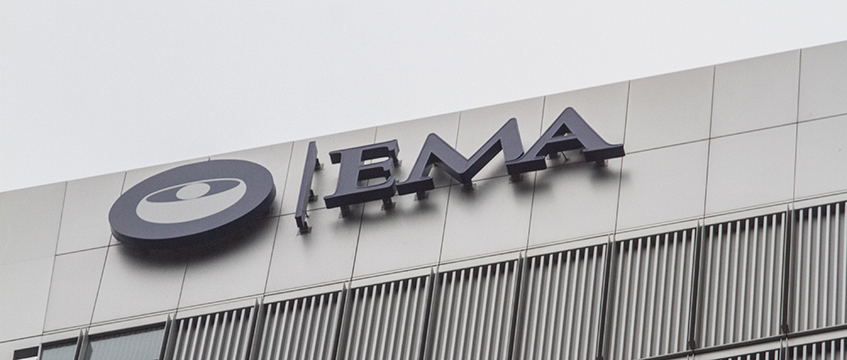A closely-watched trial over the consequences of the UK’s planned departure from the European Union today reached its end at the High Court.
A judge is being asked to decide whether Brexit triggers the rarely used legal doctrine of “frustration” in the case of the European Medicines Agency and its £13m-a-year lease of premises at Canary Wharf. The lease runs until 2039 with no break clause.
Mr Justice Marcus Smith today reserved his decision in the case, and is expected to give a written judgment prior to 29 March, the anticipated date on which the UK will leave the EU.
If he decides that Brexit is a “frustrating event”, it would mean that the EMA could walk free of the lease of its premises at Churchill Place, E14 – and it could set a precedent for other tenants to make similar claims.
On the final morning of the hearing, arguments largely focused on the implications of the Land Registration Act 2002. Joanne Wicks QC, representing Canary Wharf, has argued that, because the EMA’s lease is registered, the Act’s provisions would constitute a “patch” dealing with the EMA’s argument that, under its articles of association, it has no power to hold or dispose of property outside the EU.
This morning, Jonathan Seitler QC, representing the EMA, maintained that the Act would have no such effect, and that if, post-Brexit, the EMA entered into a contract to sublet for which it has no powers, it would do so “unlawfully”.
At the start of the hearing, Wicks told the court that the EMA had “lowered its flags” and vacated the premises on Friday.
The judge said he would hand down his judgment “as soon as possible”.
To send feedback, e-mail jess.harrold@egi.co.uk or tweet @estatesgazette








